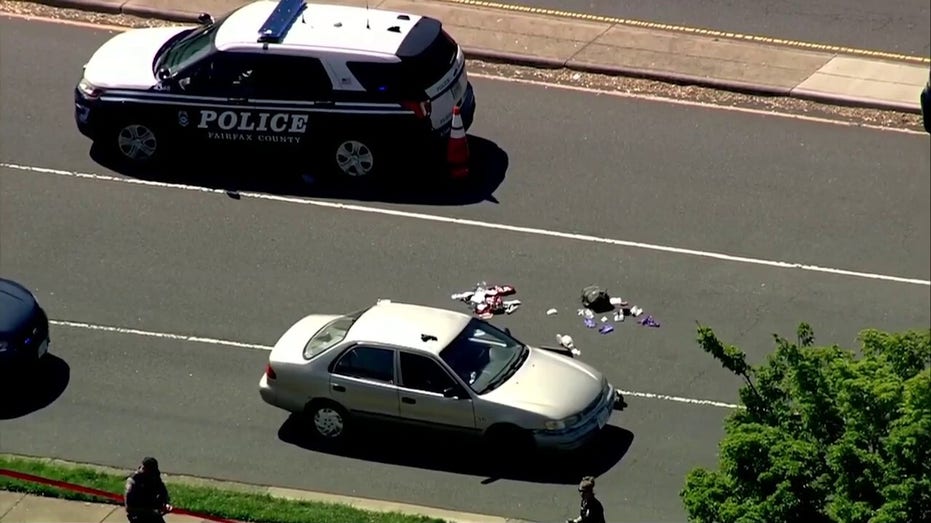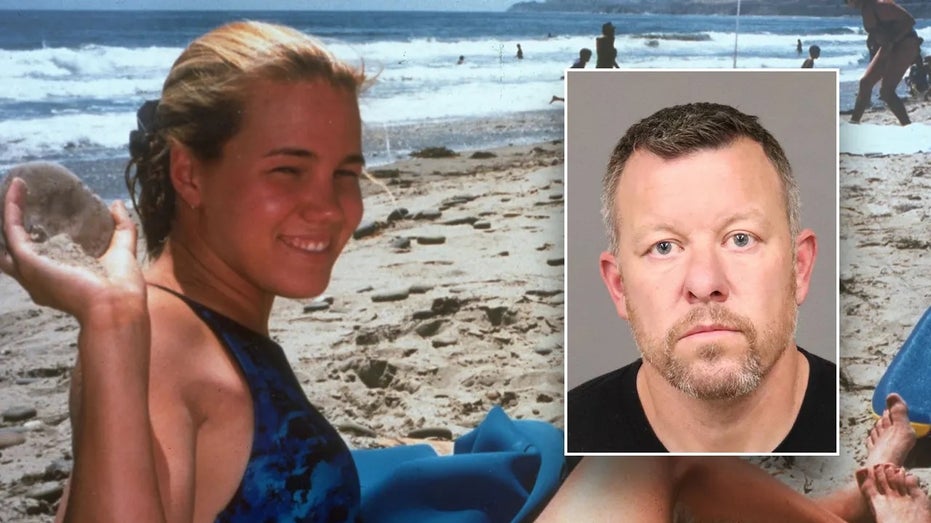Sinners review – Ryan Coogler’s deep-south gonzo horror down at the crossroads
Michael B Jordan plays a double role in Coogler’s intriguing period tale of anti-heroic brothers making their way into much wilder countryRyan Coogler is the film-maker and hit-maker who started in social realism with his debut Fruitvale Station, became the Wakandan emperor of super heroism with Black Panther and put some punch back into the Rocky franchise with Creed. Now he dials up the machismo and the craziness with this gonzo horror-thriller mashup, a spectacular if more-than-faintly hubristic movie appropriately named Sinners – though there are one or two saints dotted around – set in the prewar deep south.It’s a freaky tale of supernatural evil and the blues that indirectly takes its inspiration from the legend of Mississippi bluesman Robert Johnson selling his soul to the devil at a remote crossroads in return for fame and fortune. And it’s also, in its forthright way, a riff on the idea of blues as a kind of music that is avidly consumed by its producers’ enemies. As Delroy Lindo’s character says: “White folks like the blues just fine; just not the people who make it.” Continue reading...

Michael B Jordan plays a double role in Coogler’s intriguing period tale of anti-heroic brothers making their way into much wilder country
Ryan Coogler is the film-maker and hit-maker who started in social realism with his debut Fruitvale Station, became the Wakandan emperor of super heroism with Black Panther and put some punch back into the Rocky franchise with Creed. Now he dials up the machismo and the craziness with this gonzo horror-thriller mashup, a spectacular if more-than-faintly hubristic movie appropriately named Sinners – though there are one or two saints dotted around – set in the prewar deep south.
It’s a freaky tale of supernatural evil and the blues that indirectly takes its inspiration from the legend of Mississippi bluesman Robert Johnson selling his soul to the devil at a remote crossroads in return for fame and fortune. And it’s also, in its forthright way, a riff on the idea of blues as a kind of music that is avidly consumed by its producers’ enemies. As Delroy Lindo’s character says: “White folks like the blues just fine; just not the people who make it.” Continue reading...






































































